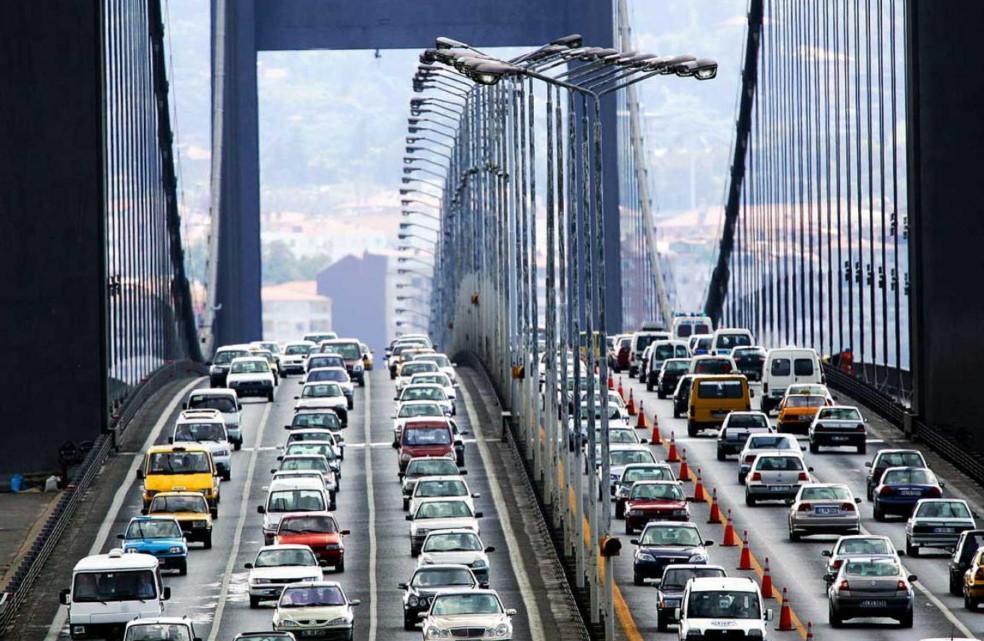
Experts say a plan for emergency evacuation routes against a possible earthquake in Istanbul should be created as soon as possible.
Within the scope of the expected earthquake, emergency transportation and evacuation routes, especially ones that are close to hospitals and important public buildings are extremely important.
In Istanbul, a city with 5 million registered vehicles, several emergency transportation and evacuation routes are designated for the possible earthquake, with “No parking and stopping” where signs have been hung. However, the streets are full of parked vehicles.
No one knows what the traffic in Istanbul will be like during an earthquake, considering that a traffic jam occurs with the slightest disruption every day.
Stating that a new regulation for emergency evacuation routes in Istanbul should be implemented quickly, Chamber of City Planners Istanbul Chairman Assoc. Prof. Dr. Pelin Pınar Giritlioğlu said parking services are provided on all emergency evacuation routes by ISPARK, the municipality’s parking lot operator.
Giritlioğlu pointed out that all streets where parking is prohibited are used by ISPARK and even on ambulance roads, rows of vehicles are parked despite all the warning signs.
Prof. Dr. Mustafa Ilıcalı, director of Istanbul Ticaret University Transportation Systems Application and Research Center, said that even world-famous traffic experts might not be able to manage Istanbul’s traffic problem after a possible earthquake.
Ilıcalı explained several ways to bring a solution to post-disaster Istanbul traffic, such as turning sea transportation into an opportunity to evacuate more people and bringing aid to the city.
He said that in anticipation of a quake, the roads where construction equipment will arrive, where ambulances will reach hospitals and the rescue teams’ distribution routes should also be determined.
According to Ilıcalı, after the earthquake, drones should quickly identify open and closed roads, and only priority vehicles should be allowed to pass on critical roads, with traffic police being on duty.
He added that contact should be mainly established by radiotelephones.